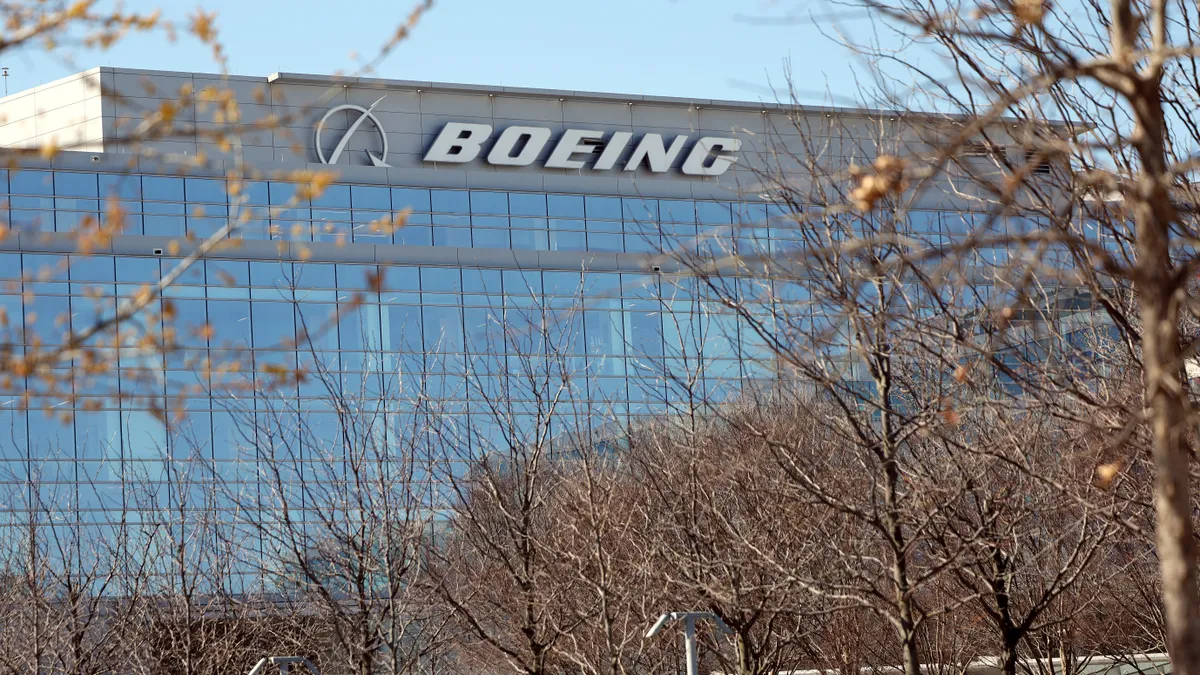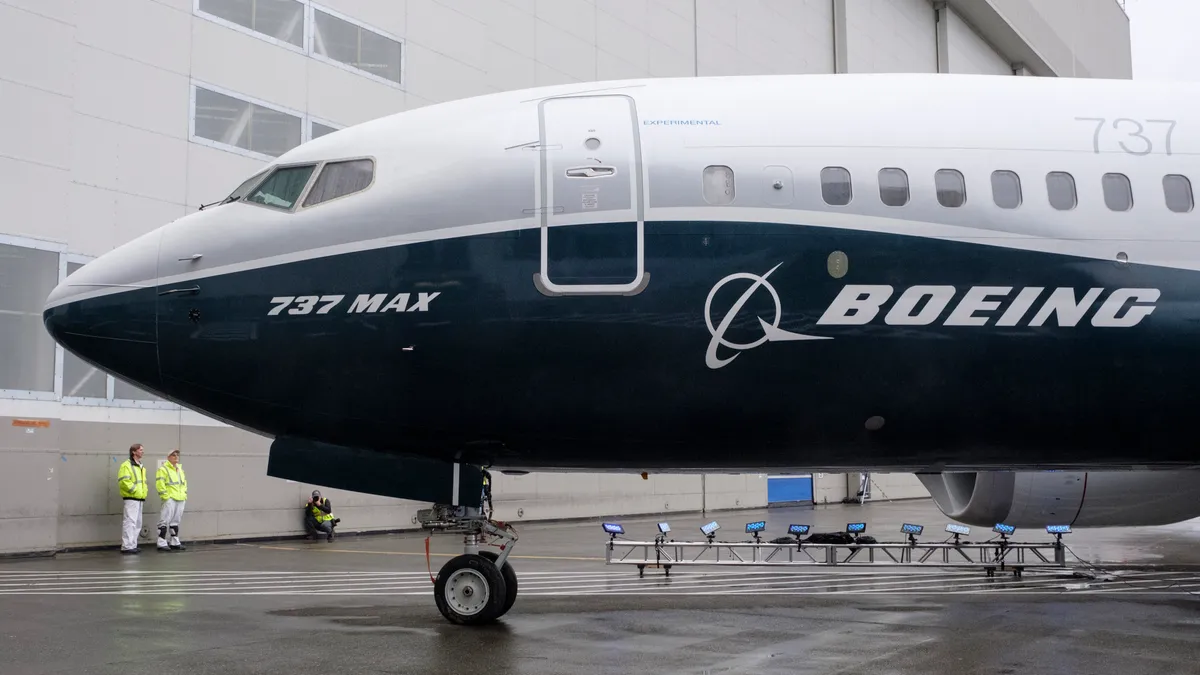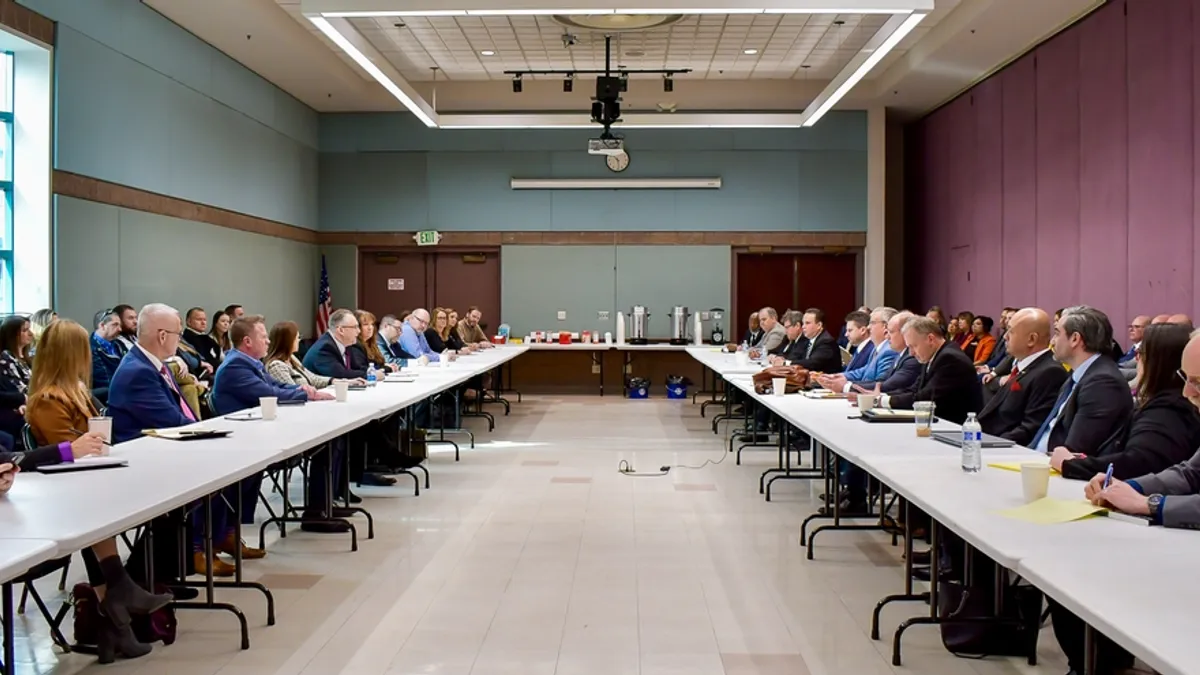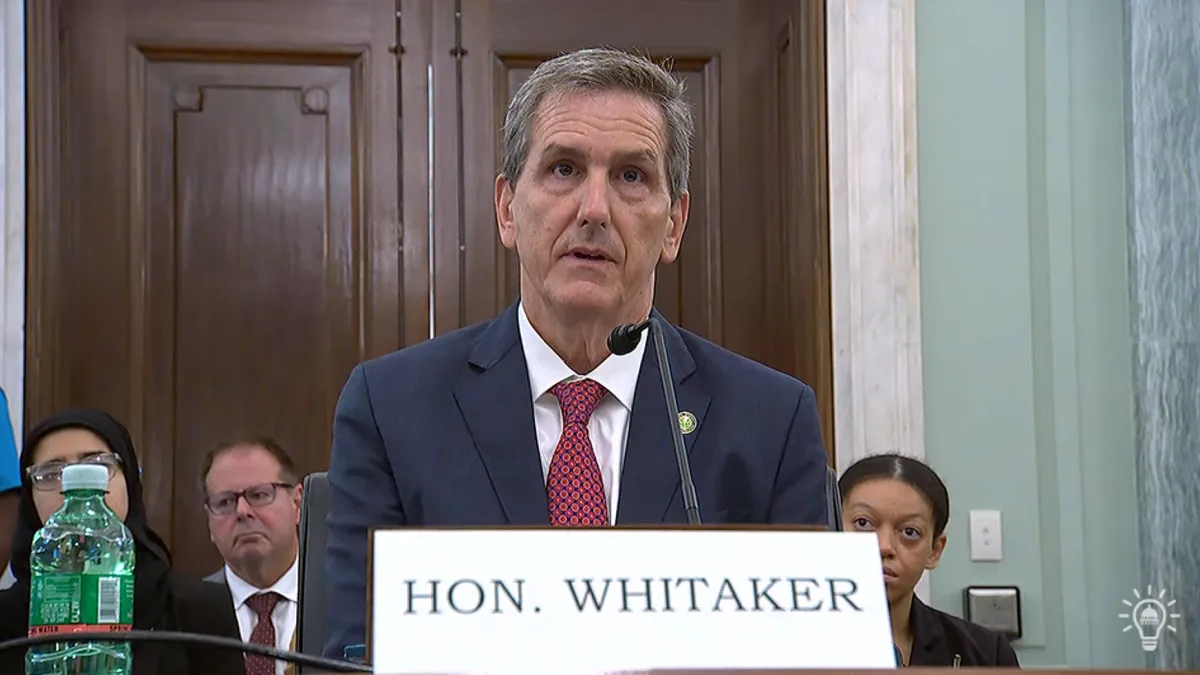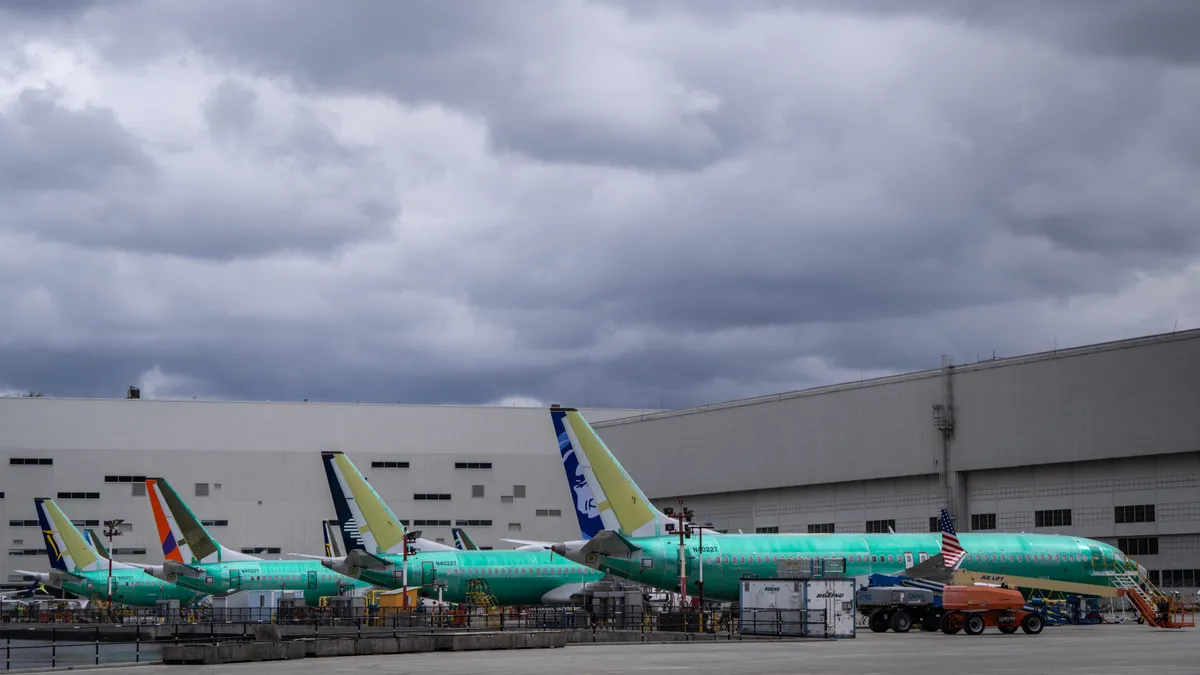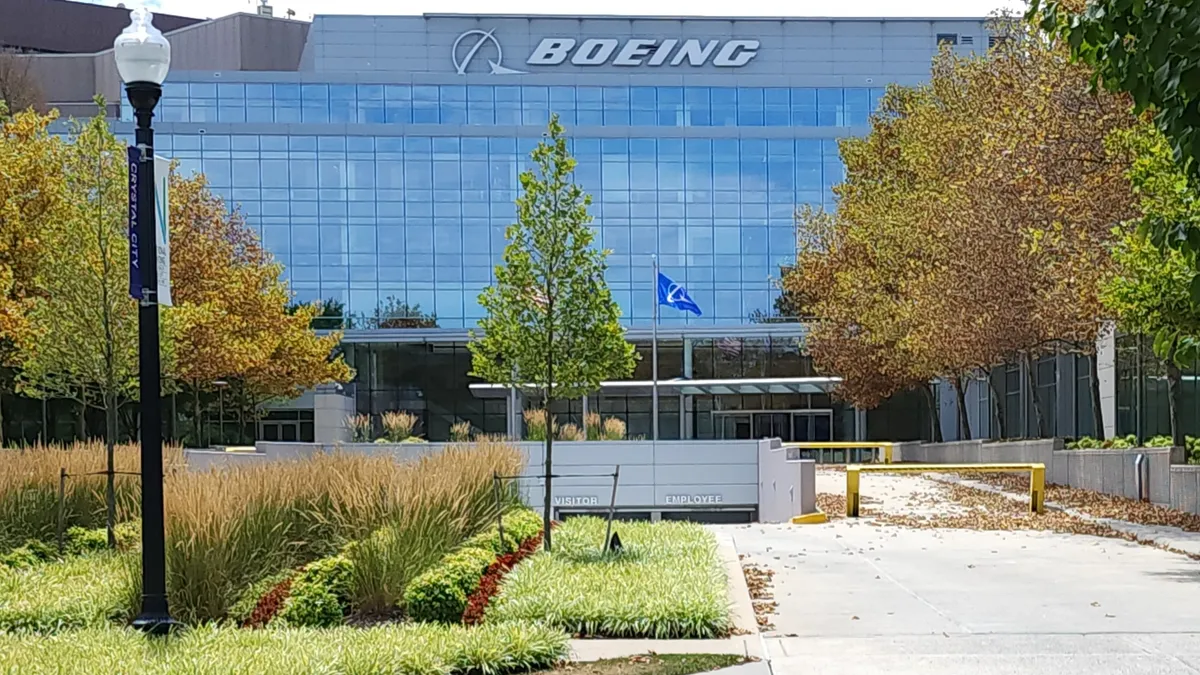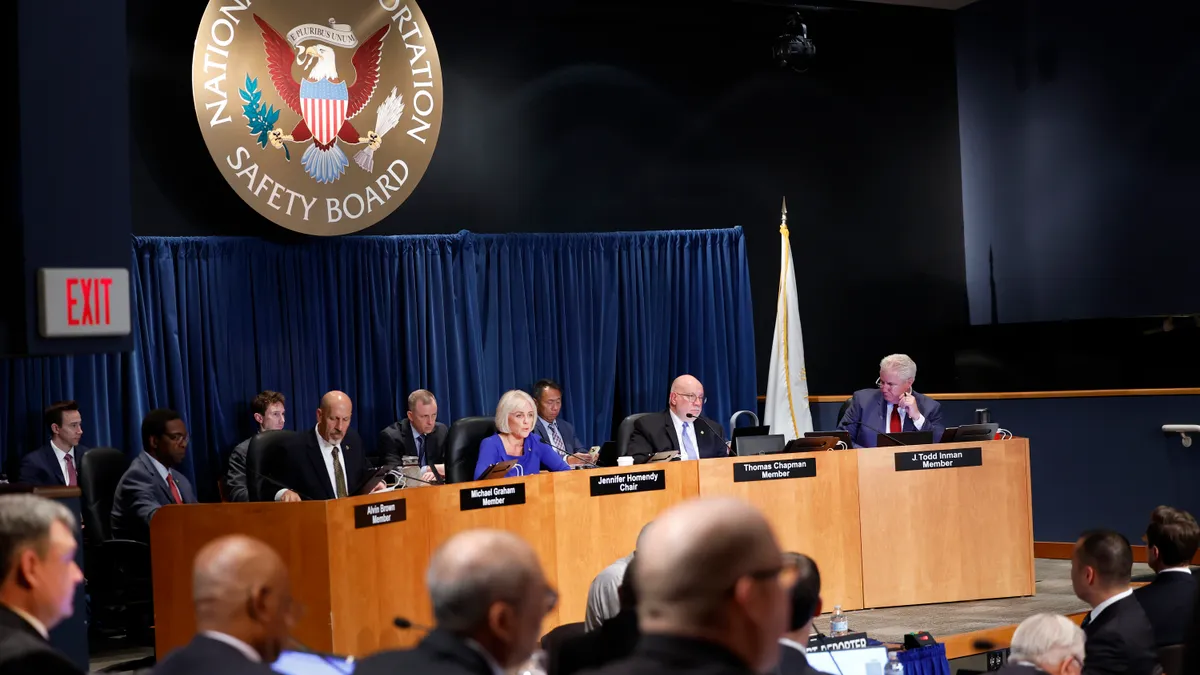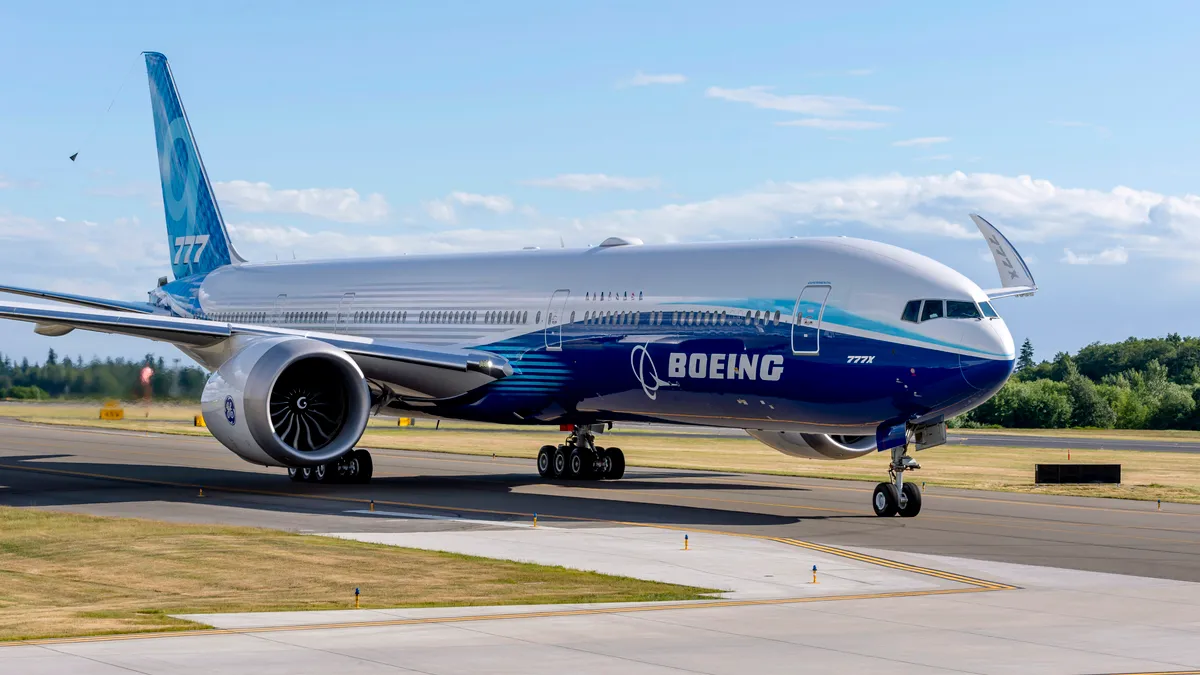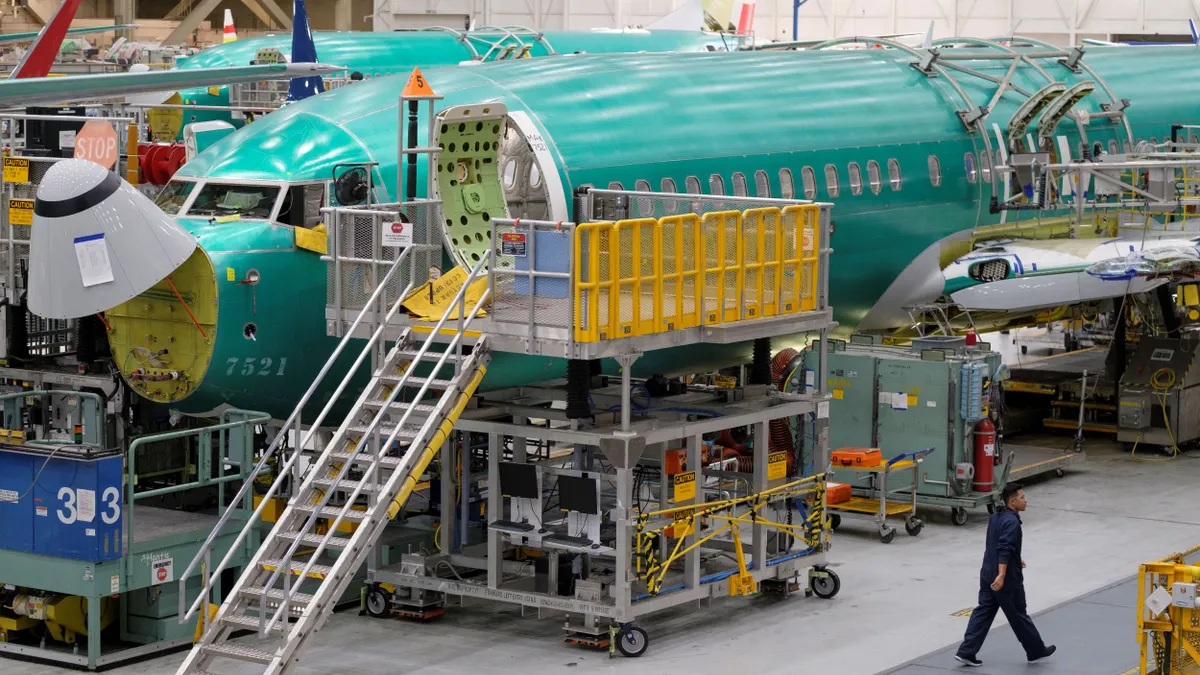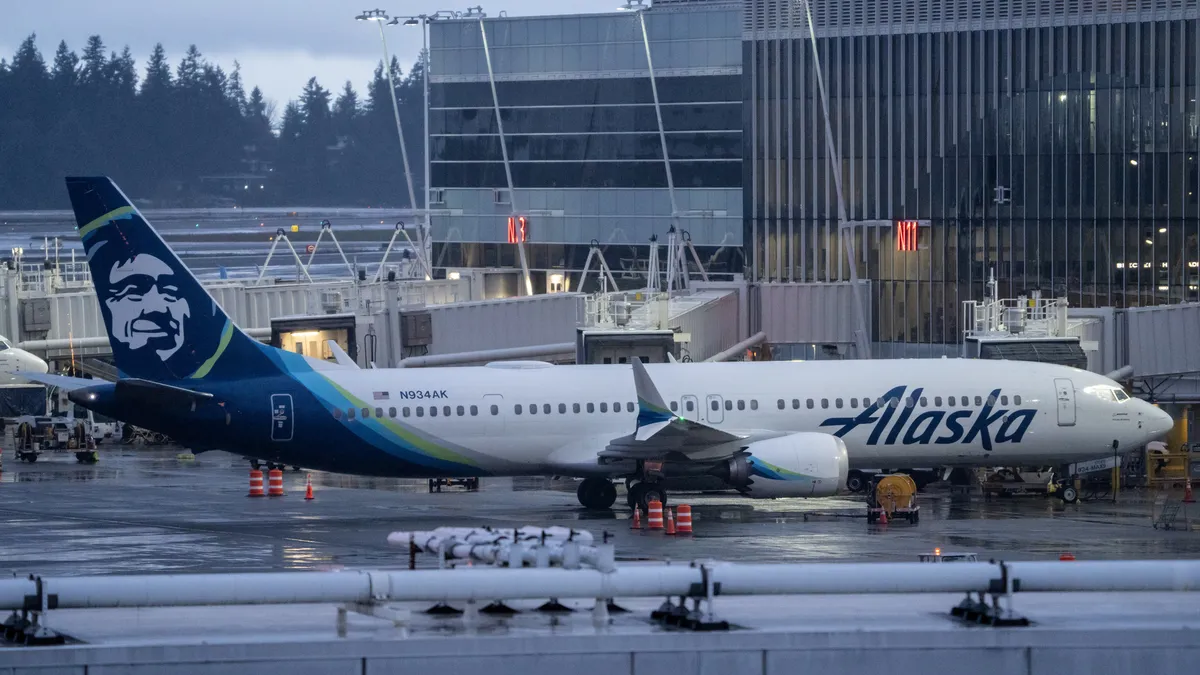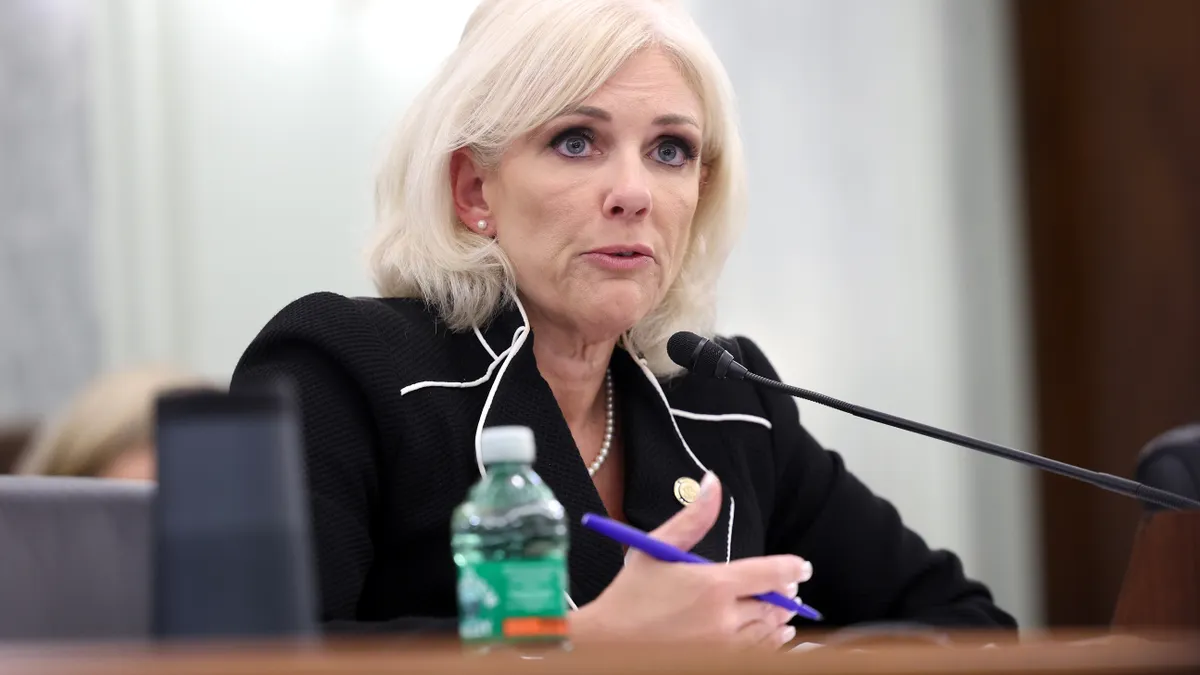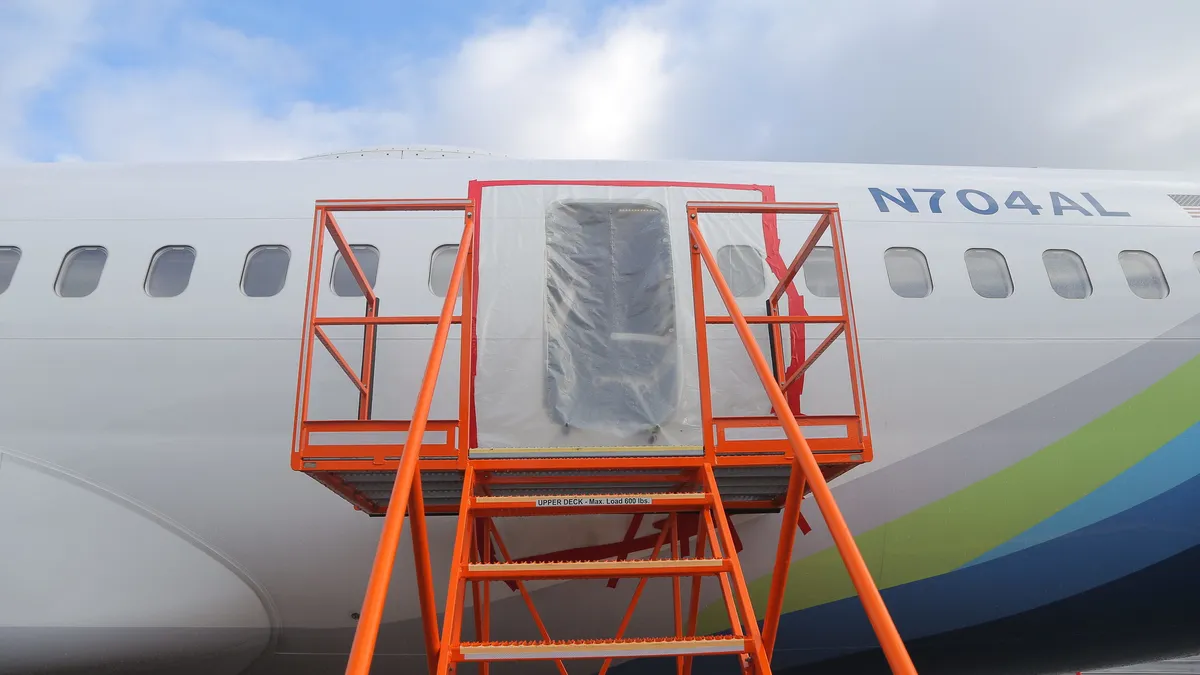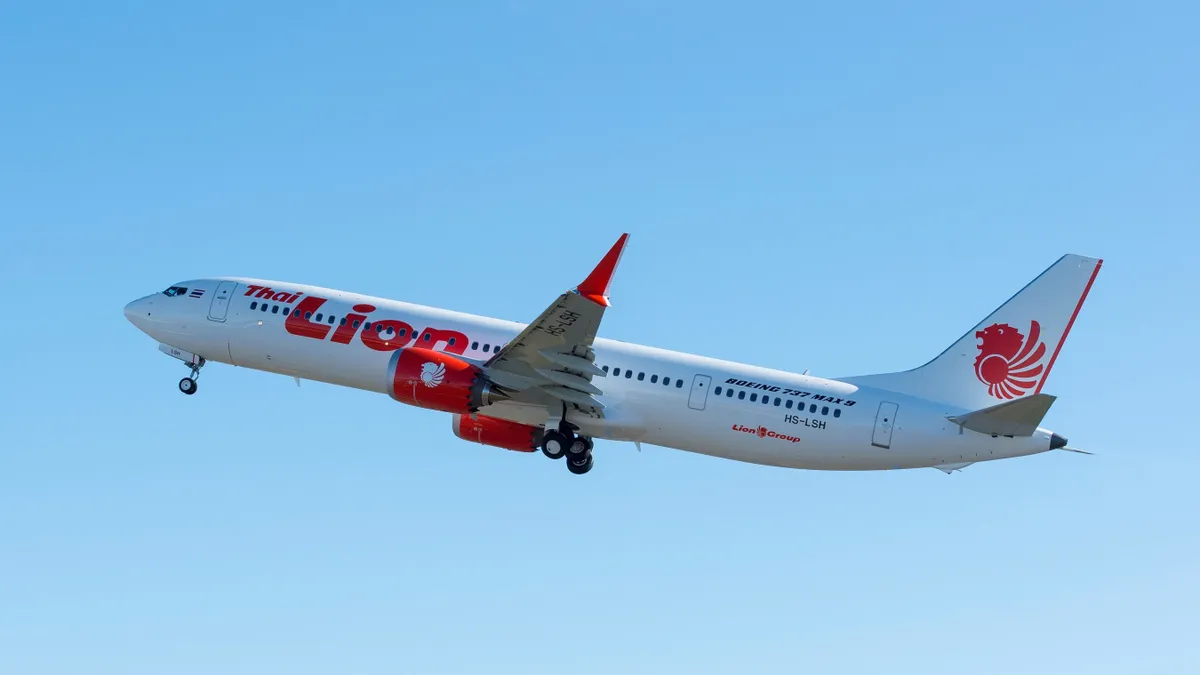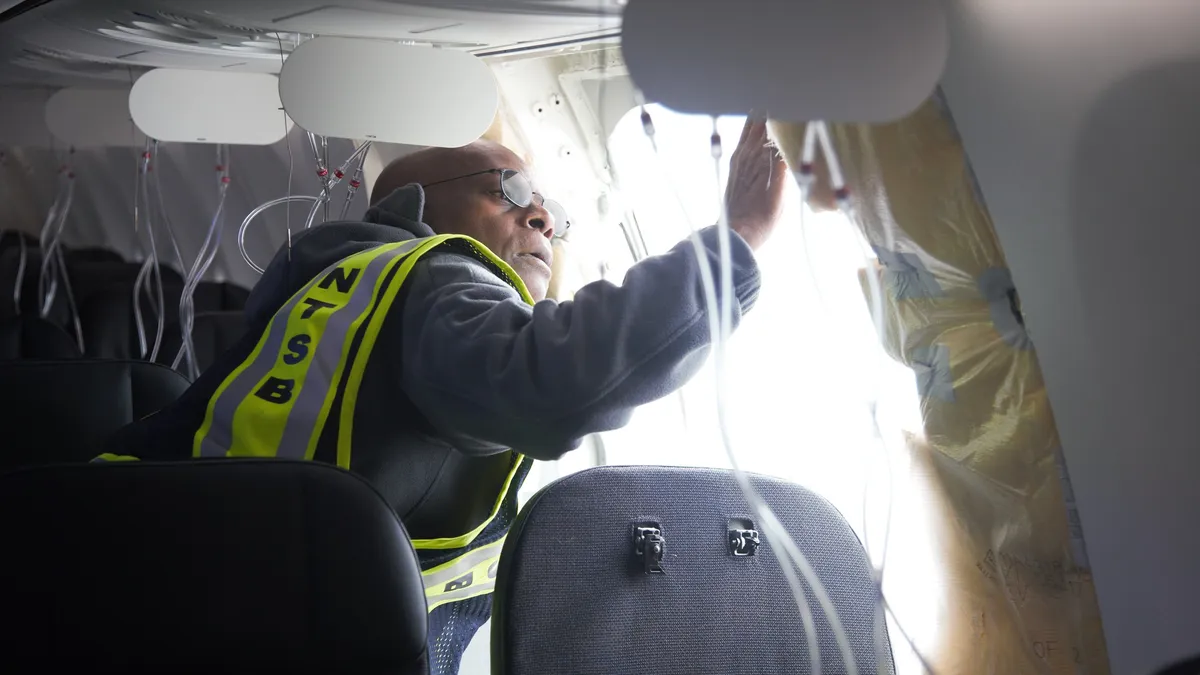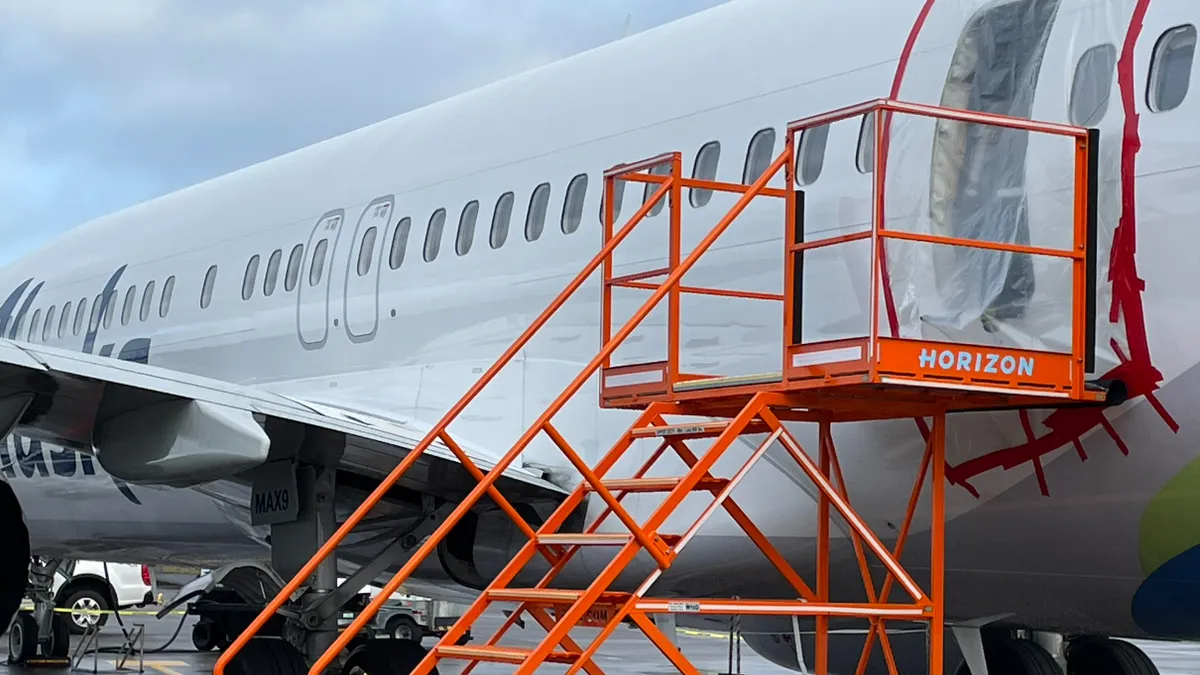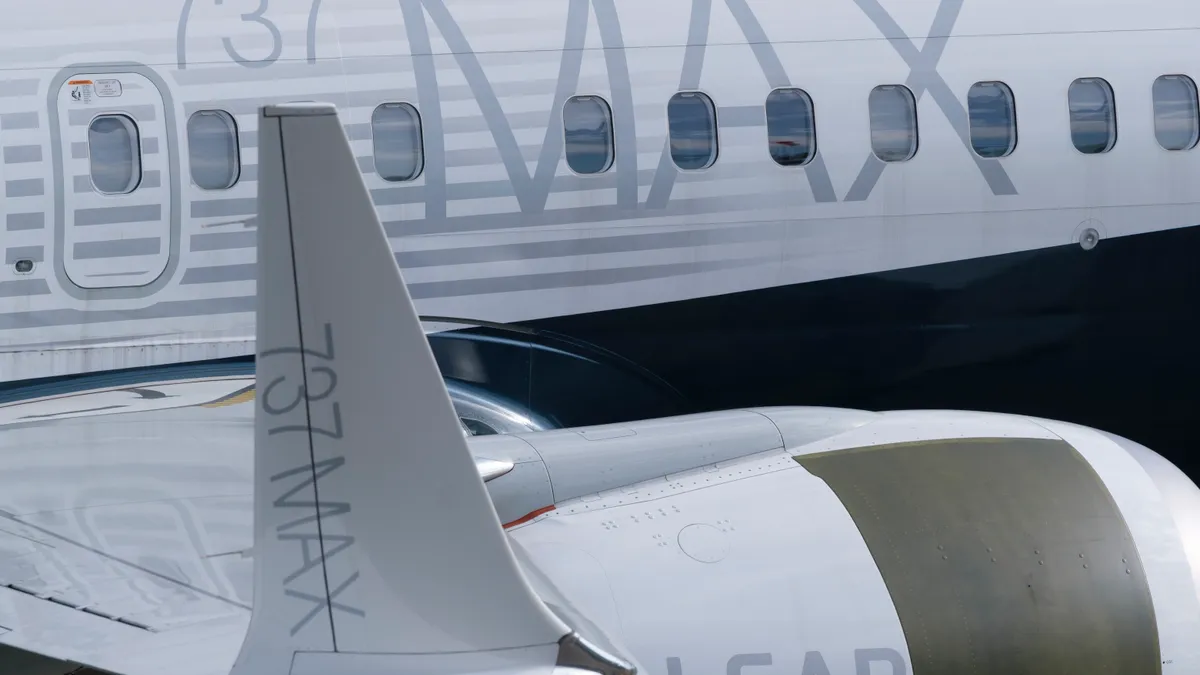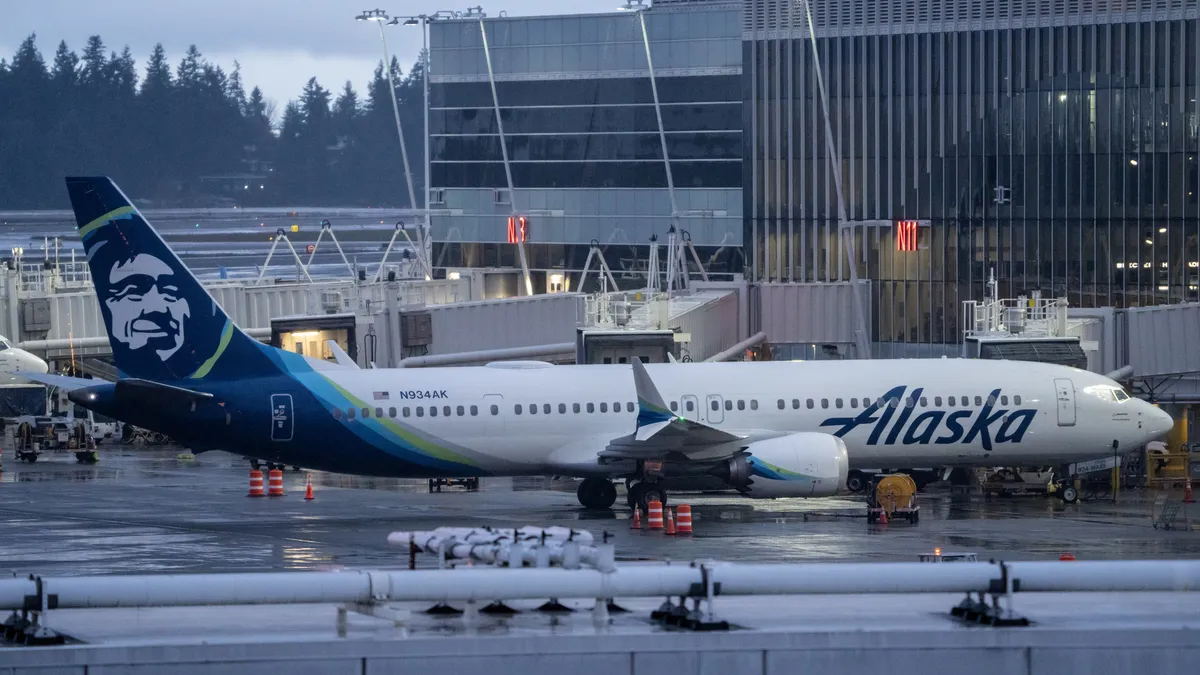Boeing President and CEO Kelly Ortberg testified before the U.S. Senate Committee on Commerce, Science and Transportation on Wednesday, providing updates on how the aircraft manufacturer has been addressing its production deficiencies and safety issues after last year’s Alaska Airlines 737-9 Max plane door plug blowout incident.
Ortberg reiterated the company’s pledge to prevent future accidents throughout the Senate hearing, as well as Boeing’s commitment to fix its quality and safety management culture by using key performance indicators that include improved monitoring of supplier shortages and heightened employee proficiency.
“We have made sweeping changes to the people, processes, and overall structure of our company,” Ortberg said in his opening remarks. “While there is still work ahead of us, these profound changes are underpinned by the deep commitment from all of us to the safety of our products and services.”
The changes are part of Boeing’s safety improvement plan that it submitted to the Federal Aviation Administration in May 2024, with a proposal to address its systemic quality control and safety issues. The plan focuses on four major work areas, including reducing defects, improving employee training, elevating safety and quality culture and simplifying manufacturing processes. Ortberg said the company continues to monitor the KPIs and meet with the federal agency monthly on its progress.
“Many aspects of this plan came from our employees, who generated over 26,000 improvement ideas, which we continue to evaluate and implement in support of strengthening our safety and quality,” Ortberg said.
In the more than 12 months since the Alaska Airlines incident, Boeing has rolled out extensive retraining of the workforce, including an additional 550 hours of training, Ortberg said. The aircraft maker has also added more hands-on, practical training for employees to work with plane parts before starting work on products headed for market.
Furthermore, Ortberg said Boeing added competency evaluations, which assess employees before they start working on an aircraft. If they fail, they’ll have to go through additional training.
No ramp-up in production
Sen. Tammy Duckworth pressed Ortberg about the FAA’s oversight and if the company will ramp up production for financial gain. Boeing is working to increase production after the FAA capped its commercial production at 38 units per month last year, a number the company has yet to hit.
“Senator, just to be very clear, we won't ramp up production if the performance isn't indicating a stable production system,” Ortberg said. “We'll continue to work on getting to a stable system. So I have not provided a date as to when we're going to get up to a 38 a month rate. I suspect it'll be sometime this year.”
Using AI to improve assembling
Ortberg highlighted Boeing’s use of data analytics and artificial intelligence to identify safety issues and manufacturing defects before they lead to accidents or tragedies.
The company is currently using large language models to enhance its assembly instructions and documentation to ensure it’s clear, concise and helps improve the overall safety and quality of the aircraft.
The hearing comes nearly a month after the sixth anniversary of the Ethiopian Airlines plane crash on March 10, 2019. Families of the 346 victims who perished in the 2019 and 2018 Lion Air crashes were also in attendance.
“We need to take immediate action, and we are taking action to make sure those accidents never, never happen again,” Ortberg said.










